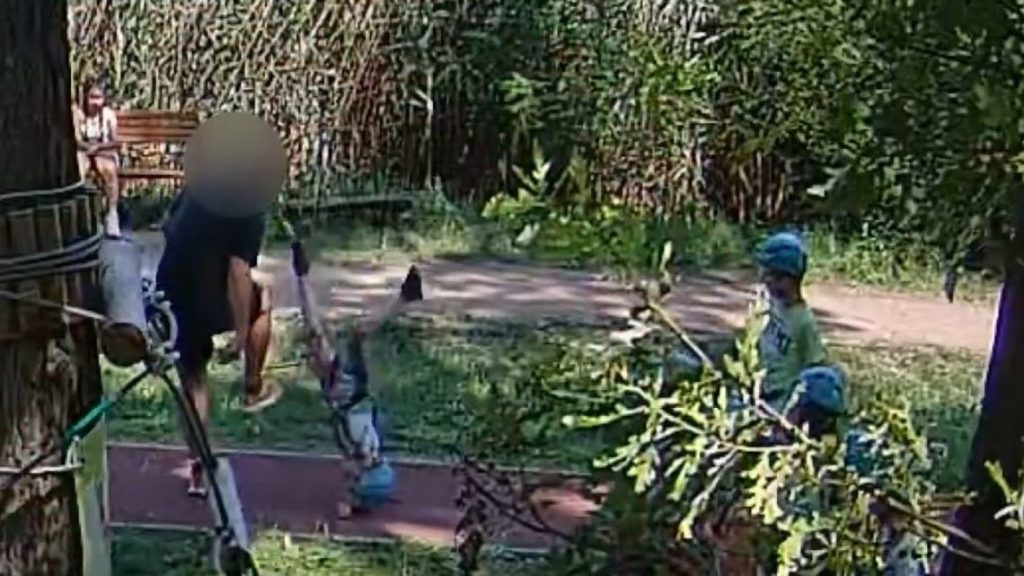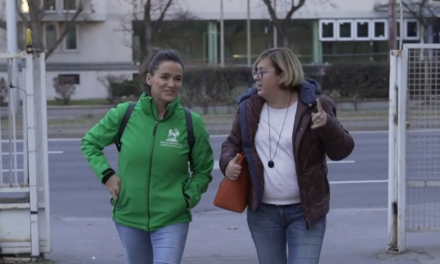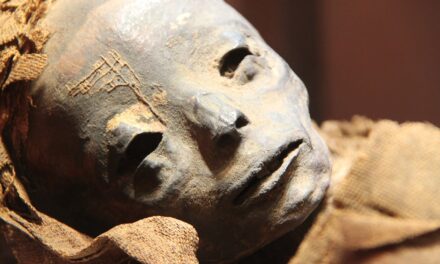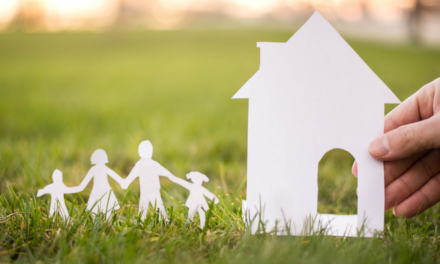The lesson of the case of the child-abusing karate coach: this is how we can prevent our children from becoming victims.
It is important that parents have a personal relationship with those they entrust their children to, i.e. get to know the camp leader or coach, and not decide how likable that person is based on a Facebook ad - advised couple and family therapist Gábor Mihalec regarding the incident in the adventure park in Szolnok where a karate coach kicked a little boy with such force that he spun in the air and fell on his face.
According to the specialist, this case shows how essential it is to teach young people to recognize abuse and its different forms before they encounter it.
"We can't be there everywhere and we shouldn't paint a world for the little ones where they have to be constantly afraid, but we have to explain to them that there are people who can hurt them," said the expert, adding that
a potential abuser always wants to drive a wedge between the parents and the child: he threatens his life, does everything to isolate him and keep his victim away from those who could get help.
"As a professional, I advise that we talk to the child first, before he encounters such a situation: we must tell him that there are people who can threaten him or even keep him in a corner with the safety of his family. Let's tell him if you experience something like this, tell him right away. The most important slogan: say no, run, tell!" he said.
Gábor Mihalec also touched on the fact that an abuser or "person in authority" manages to make the victim start to doubt his own perception.
– Even though the child feels that this is wrong, he thinks that his sensitivity is excessive and sooner or later he accepts that this fits into, say, a coaching behavior. But it can be sexual abuse or a case where someone is physically or verbally abused, he explained.
According to the therapist, this is precisely why parents have a huge responsibility and opportunity to have such a relationship between their child and them that these cases do not happen and that they are brought to light in time.
"Let's have those thirty minutes a day to really be a part of our child's world." Let's see who he is surrounded by during a training session, we know who he is talking about, what they look like, let's hear the sentences that are actually cries for help, he thought.
– As parents, it is not our job to instill doubt and fear in them, but we should not completely turn off the children's alarm bells.
Let's look for opportunities to connect, but at the same time, don't attack them with questions about whether they were hurt or whether someone touched them in a way that didn't suit them. Let's spend enough time with them and, while taking a walk, cooking together, or just going out, tell us about people who can hurt you, whether you've heard or seen something similar, where something like that happened, and then tell us, if you meet someone like that, what can do - explained the family therapist, emphasizing that someone becomes a victim when they have no influence over what is being done to them.
You have to get ahead of this and teach the child to feel that he has influence over what happens to him. In this way, he will be consciously present in an acute situation, he underlined.
According to the specialist, one of the possible ways of prevention and early detection is to teach children that if they see someone insulting a friend, they should dare to ask for help.
- Children can learn the so-called listening skill even in kindergarten. The essence of this is that they observe the other person and are able to make a decision about whether they are in trouble and whether they need help. A significant part of the abuse remains hidden, because the victims usually do not tell anyone, or if they do, they tell about it much sooner to a peer. This method helps those affected who do not dare to speak up get help, concluded Gábor Mihalec.













